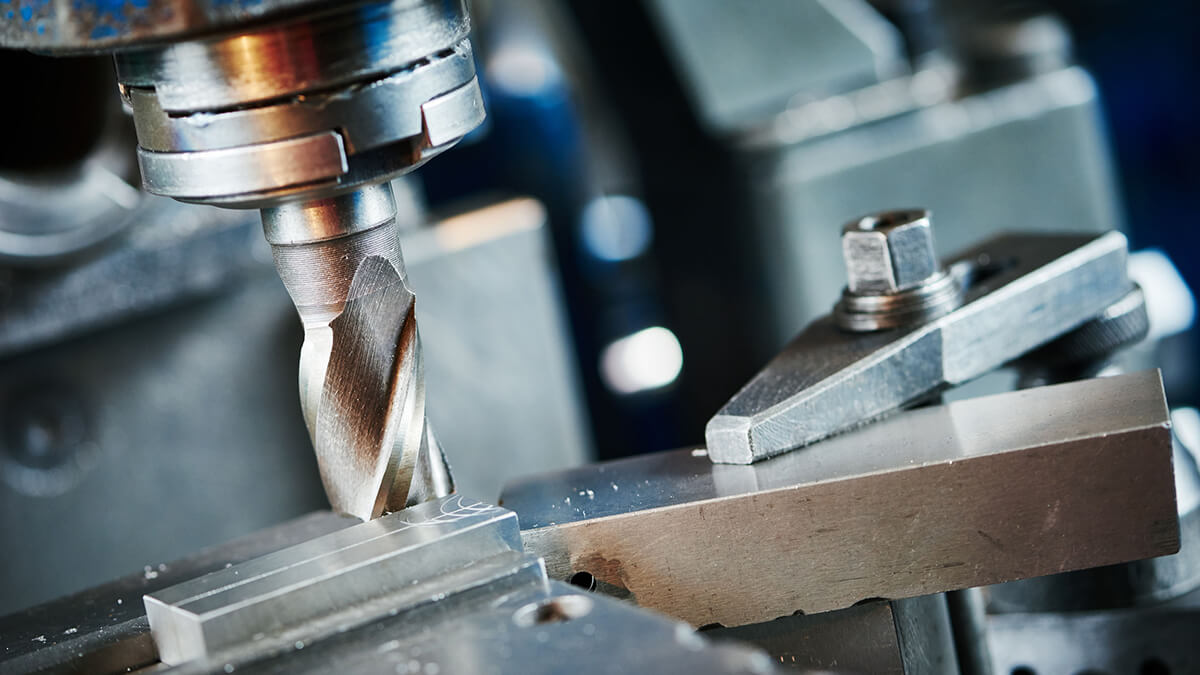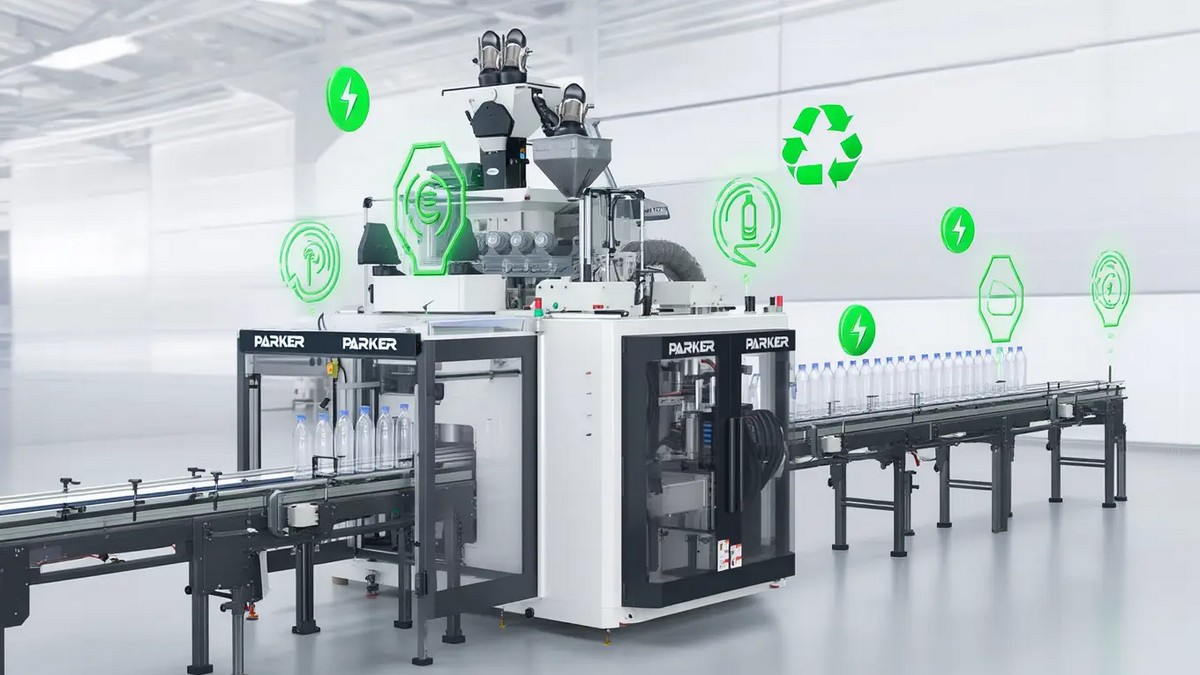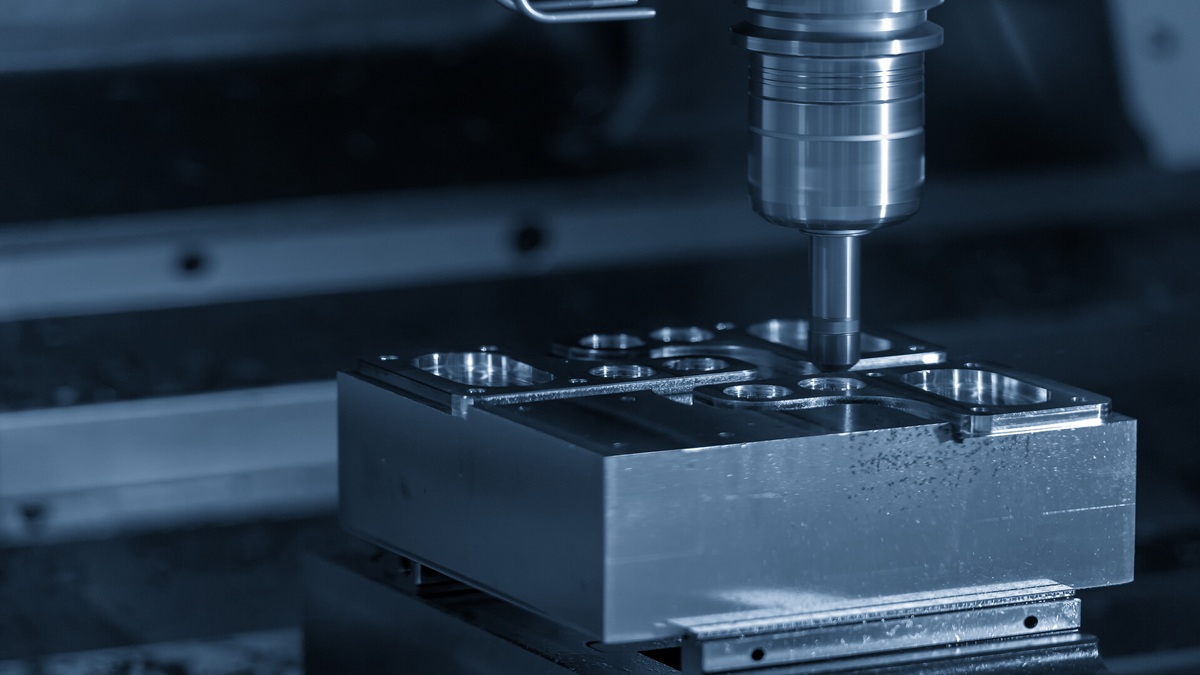Advancements in Computer Numerical Control (CNC) milling technology have propelled CNC milling machines into a new era of precision, speed, and efficiency. Nano-machining allows the fabrication of components and structures with dimensions on the nanometer scale, typically ranging from 1 to 100 nanometers. These technological advancements, combined with the integration of artificial intelligence (AI) and automation, have had a profound impact across manufacturing industries.
AI and Automation in CNC Milling
One of the most notable trends in the evolution of CNC milling machines is the integration of artificial intelligence and automation. Manufacturers are increasingly adopting smart technologies to enhance the overall efficiency of milling processes. AI algorithms can now optimize toolpaths, predict tool wear, and adapt machining strategies in real-time. This not only enhances precision but also significantly reduces production downtime.
Precision, Speed, and Efficiency Improvements:
Advancements in CNC milling technology leverage state-of-the-art components and materials, enabling higher cutting speeds without compromising accuracy. This results in faster production cycles and increased efficiency for manufacturers.
CNC milling machines automatically adjust cutting parameters based on real-time feedback from sensors and measurement devices. This adaptability ensures consistent quality throughout the production process, addressing challenges such as temperature variations or material inconsistencies to deliver precise results.
Additionally, automation features like robotic tool changers and pallet systems streamline the entire manufacturing process, reducing downtime and increasing productivity.
Advanced Control Systems and Software
The heart of CNC milling is its control systems and software. Intuitive user interfaces, coupled with powerful software algorithms, enable operators to optimize machining parameters, simulate processes, and detect potential issues before they occur.
Advanced control systems facilitate the integration of CNC milling machines into larger manufacturing ecosystems, allowing seamless communication between different machining stations, robotics, and other production systems.
Nano-Machining: Precision at the Smallest Scale
Nano-machining has emerged as a revolutionary technology, allowing the fabrication of components and structures with dimensions on the nanometer scale, typically ranging from 1 to 100 nanometers. The complexity of working at the nanoscale introduces issues such as tool wear, thermal effects, and material deformation. Researchers are actively addressing these challenges through the development of advanced materials and novel machining strategies.
Traditional machining methods fall short when it comes to achieving the microscopic precision required in nanotechnology. Highly specialized techniques such as atomic force microscopy-based machining and laser-assisted machining along with ultra-precision cutting tools, made from advanced materials like diamond-coated carbide or cubic boron nitride (CBN), enable nano-machining by providing the necessary precision and control.
The fabrication of nanoscale features on optical components allows for the development of high-resolution lenses and imaging devices. This is particularly crucial in applications such as microscopy and telecommunications, where precision is paramount.
In the medical devices, the ability to manufacture components with nanoscale precision ensures a perfect fit and compatibility with the human body, reducing the risk of complications and improving overall patient outcomes.
Industries at the Forefront of CNC Milling
The aerospace and automotive sectors have embraced the precision and efficiency of CNC milling for intricate components. The medical industry leverages the technology for manufacturing customized implants and prosthetics. Even smaller industries, such as jewelry manufacturing, find CNC milling invaluable for crafting intricate designs with unmatched precision.
In more traditional sectors like the mold and die industry, woodworking, and metal fabrication, CNC milling machines provide unprecedented capabilities for both large-scale production and intricate custom designs.
Future Trends and Innovations
The adoption of machine learning algorithms in CNC milling promises to reshape the industry, allowing machines to continuously learn and optimize their performance. Enhanced connectivity through the Industrial Internet of Things (IIoT), along with advancements in AI, will further facilitate data exchange between machines, paving the way for more adaptive and responsive manufacturing processes.
Additive manufacturing, often integrated with CNC milling, holds promise for creating hybrid systems that can rapidly produce complex structures with precision. The evolution of materials, tooling, advanced cutting strategies, and nanotechnology will continue to drive advancements in CNC milling technology, unlocking new possibilities in terms of speed, precision, material versatility, and energy-efficient CNC milling.
Industries worldwide are achieving levels of precision and efficiency that were once deemed unattainable. The future of CNC milling technology promises even more innovation.












.jpg)
.jpg)
.jpg)